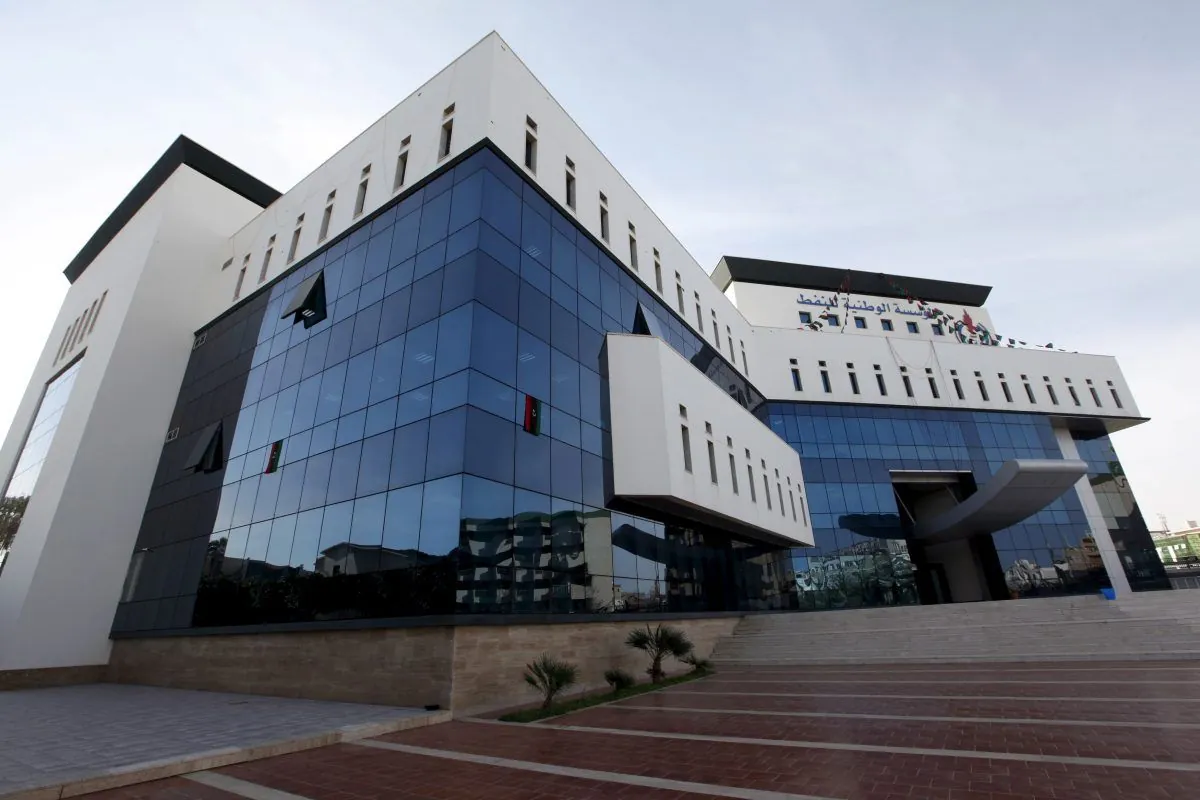Libya's eastern-based government has announced the reopening of oilfields and facilities, potentially resolving a crisis that has significantly impacted the country's oil production. This development comes after the resolution of a dispute over the leadership of the central bank, according to government sources and local media reports.
Libya, a country with the largest proven oil reserves in Africa, has been grappling with political division since 2014. The nation's complex political landscape emerged from the chaos following the fall of Muammar Gaddafi in 2011, resulting in rival authorities in the western and eastern regions.
The government in Benghazi, the second-largest city in Libya, stated that oil production and exports would resume normal operations. This decision follows an agreement reached last month to appoint Naji Issa as the new central bank governor. The appointment comes after a period of tension that led to the closure of oilfields and the halting of most crude exports on August 26, 2024.
The closure was a protest against the Presidential Council's move to replace the long-serving central bank chief, Sadiq al-Kabir. The impact of this decision was significant, with the National Oil Corporation (NOC) reporting a drop in oil production by more than half from its typical levels.
Libya's oil industry, which was nationalized in 1973, plays a crucial role in the country's economy. The nation joined OPEC in 1962 and has since been a significant player in the global oil market. However, recent events have highlighted the vulnerability of this sector to political instability.
The resolution of the central bank leadership dispute has been welcomed as a positive step towards stabilizing Libya's oil industry. Mohamed al-Menfi, the head of the Presidential Council, met with Issa on October 2, 2024, emphasizing the need for the central bank governor to maintain a technical role and avoid political involvement.
"There is a need for the central bank governor to commit to the technical role of the bank, stay away from politics, and not surpass the legal jurisdictions of the board of directors."
The impact of the recent crisis on Libya's oil exports has been substantial. Data from oil analytics firm Kpler shows that crude exports averaged about 460,000 barrels per day in September 2024, a significant decrease from more than 1 million barrels per day in August 2024.
As Libya moves forward, the reopening of its oil sector could have far-reaching implications for both the national economy and global oil markets. The country's vast oil reserves, combined with its strategic location on the Mediterranean coast, position it as a key player in the energy sector.
While the resolution of the central bank dispute marks a positive development, Libya continues to face challenges in maintaining political stability and economic growth. The country's rich history, including ancient sites like the UNESCO World Heritage site of Leptis Magna, stands in contrast to its recent turbulent past.
As the nation works towards reconciliation and economic recovery, the reopening of its oil sector represents a crucial step in harnessing Libya's natural resources for the benefit of its approximately 7 million citizens.
